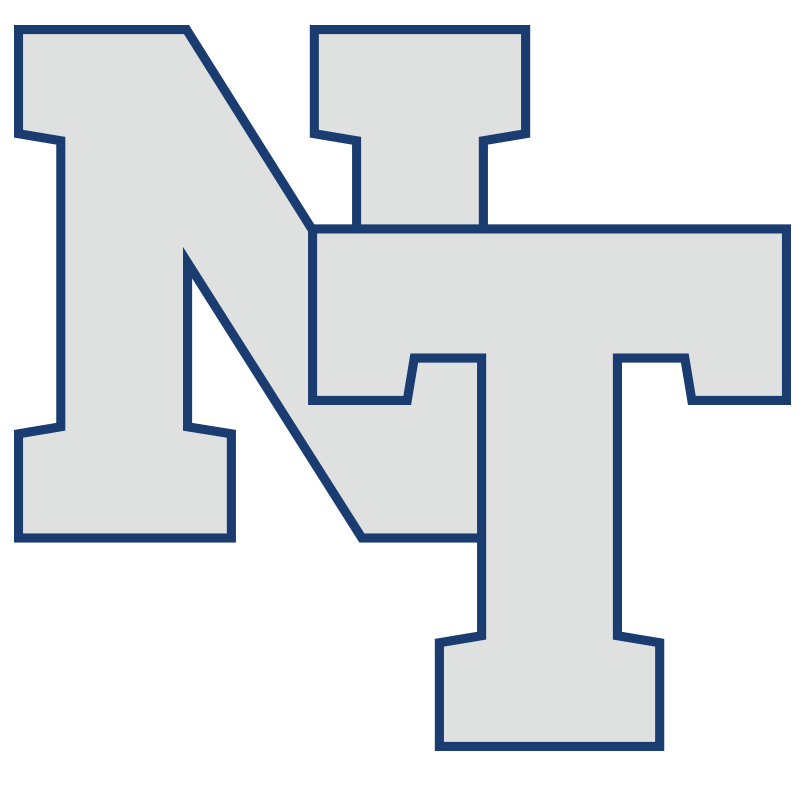ENGINEERING TECHNOLOGY
Students in the Engineering combine academic study with a solid foundation of engineering skills, before choosing an engineering specialty. Each year launches skills and knowledge in several basic engineering subjects including Aerospace Engineering, Bio-Engineering, Civil Engineering, Geophysical and Environmental Engineering, Electrical and Mechanical Engineering, Electronics, Robotics, and Architecture. Students use Autodesk inventor and Revit.
Freshmen and Sophomore students take a common set of foundational courses centered around core mathematic, scientific, design, and engineering concepts. In the Junior year, students can choose to specialize in a more focused branch of engineering.
Technical Courses
Career Exploration (100) – 18 Credits
Introduction to Engineering I (377) – 12 Credits
Principles of Engineering (374T1) – 10 Credits
Civil Engineering (374T2) – 10 Credits
Solid Modeling (374T3) – 9 Credits
Digital Electronics (375T1) – 13 Credits
Computer Integrated Manufacturing (375T2) – 13 Credits
3rd Year Elective Engineering Design (375T3) – 13 Credits
Fanuc Operator Certification (376T2) – 13 Credits
Engineering Design & Development (275T1) – 13 Credits
4th Year Elective Engineering Design – 13 Credits
